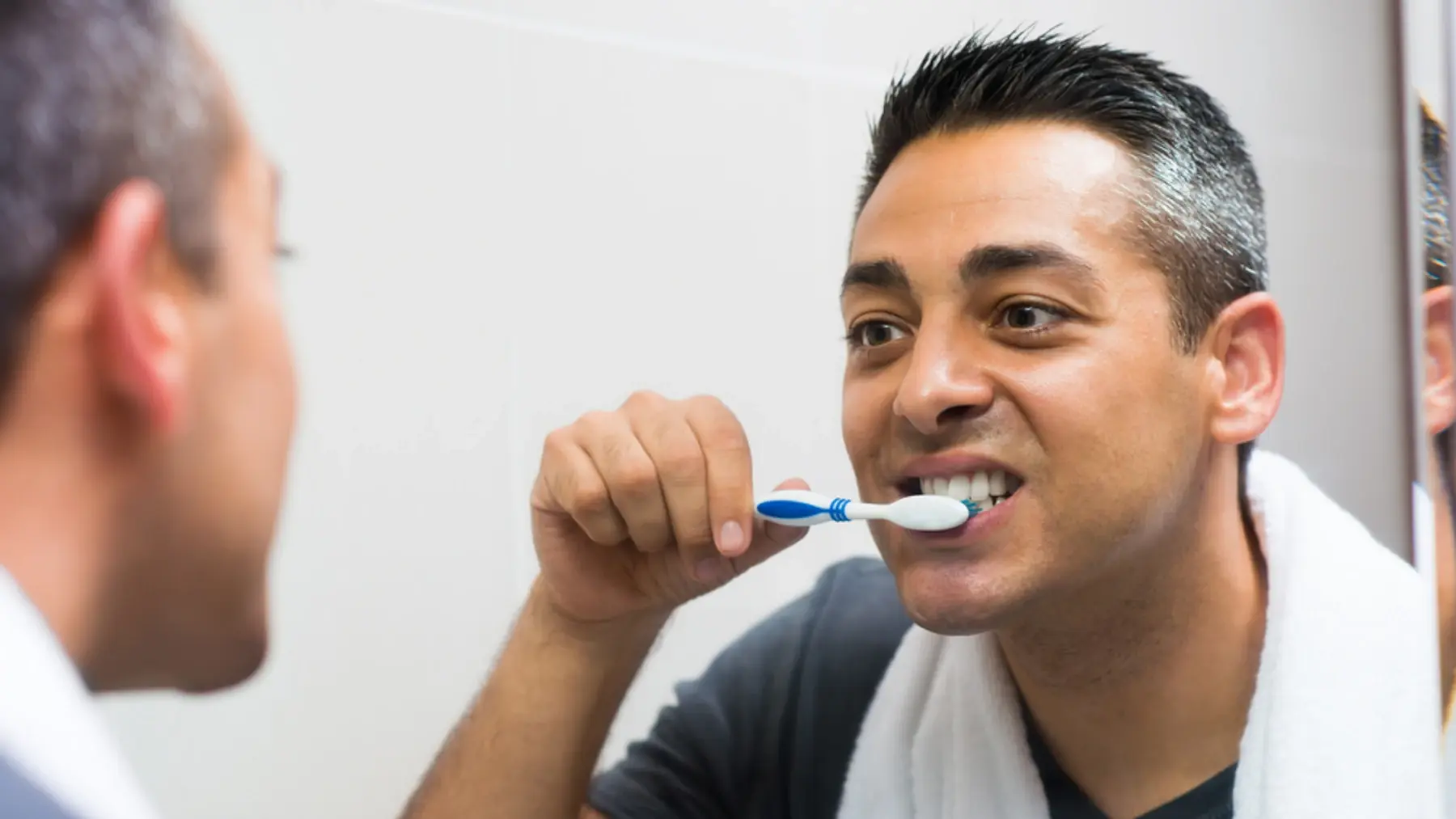What Is Gum Disease, Gingivitis and Periodontitis?
Gingivitis and Periodontitis are both forms of gum disease. Gingivitis is a condition in which the gums become inflamed and infected usually due to the build-up of plaque on the teeth. Some signs of gingivitis include red, inflamed gums that can bleed when brushing or flossing. It is important to take good care of your oral hygiene, including brushing and flossing, rinsing with antigingivitis/antiplaque mouthwash, and visiting your dentist regularly, to help prevent gum disease. If left untreated, gum disease can progress to a more serious condition called periodontitis, which can lead to tooth loss.
What Causes Gingivitis or Early Gum Disease?
Gingivitis, a form of gum disease, is an infection usually caused by the build-up of bacteria in the mouth. What causes gingivitis? The sticky bacteria called plaque, which can build up on the teeth if not removed through proper oral hygiene practices such as brushing, flossing, and using a mouth rinse. In time, the gums become inflamed and infected, leading to gum disease. Other factors that can cause gum disease and gingivitis include tobacco use, certain medications, hormonal changes, and underlying medical conditions such as diabetes.
Smoking or Chewing Tobacco
Can smoking cause gum disease? Studies have shown that smokers are more likely to develop gum disease than non-smokers. Smoking can also make it more difficult for gum disease to be treated effectively, as the body’s immune system responds differently to professional treatment1. It’s important to quit using tobacco to reduce the risk of developing gum disease or to manage active gum infections.
Hormonal Shifts in Women
Does pregnancy make you more prone to gingivitis? In some cases, yes. Hormonal changes during pregnancy can make the gums prone to inflammation, increasing the risk of gingivitis. Pregnant women may also be more likely to develop gingivitis due to deprioritizing regular dental visits throughout pregnancy2. Thankfully, gingivitis symptoms typically improve after giving birth. Practicing good oral hygiene during pregnancy is essential, in some research oral infections have been linked with gestational complications.
Prescription Medications
Certain prescription medications can cause gingivitis symptoms, including inflammation of the gums. For example, anticonvulsants, calcium channel blockers3, and immunosuppressants may cause the gums to become swollen and bleed easily.
Nutritional Deficiencies
Some nutrients that are important for healthy teeth and gums include adequate amounts of vitamin C, vitamin D, and calcium. Some omega-3 fatty acids may be beneficial in treating more severe forms of gum disease when paired with professional treatment4,5.
Family History of Gum Diseases
A family history of gum disease can increase a person’s risk of developing gingivitis symptoms due to factors such as learned poor oral hygiene habits, access to preventative dental care, diet, and medical conditions that run in their family. For example, people with diabetes will want to be aware of how their blood sugar levels can raise the chances of developing gum disease.
Improper Oral Hygiene
The best way to prevent gum disease is by establishing a thorough, daily oral hygiene routine. Proper brushing, flossing, and using an antimicrobial antigingivits/antipaque mouth rinse can help lower plaque levels throughout the mouth to improve gum health.
Aging Puts Older Patients at More Risk
Older individuals typically have weaker immune systems. They are also at a higher risk of tooth loss, which can lead to nutritional deficiencies from eating a soft, processed diet. When combined with dexterity concerns, such as arthritic joints, oral concerns like gum disease may become more prevalent.
Gum Disease Causes FAQs
Can Gum Disease Eventually Lead to Tooth Loss?
Yes. Because gum disease targets the supporting tissues around the roots of teeth, untreated gingivitis can turn into periodontitis and lead to gradual gum tissue detachment and bone loss in those spaces. Over time, affected teeth will become mobile and can fall out on their own.
What Bacteria Causes Gingivitis?
One of the main types of bacteria that cause gum disease is P. gingivalis. This bacteria can survive without oxygen, meaning it can thrive along and underneath the gum tissues, leading to dental complications like gingivitis.



